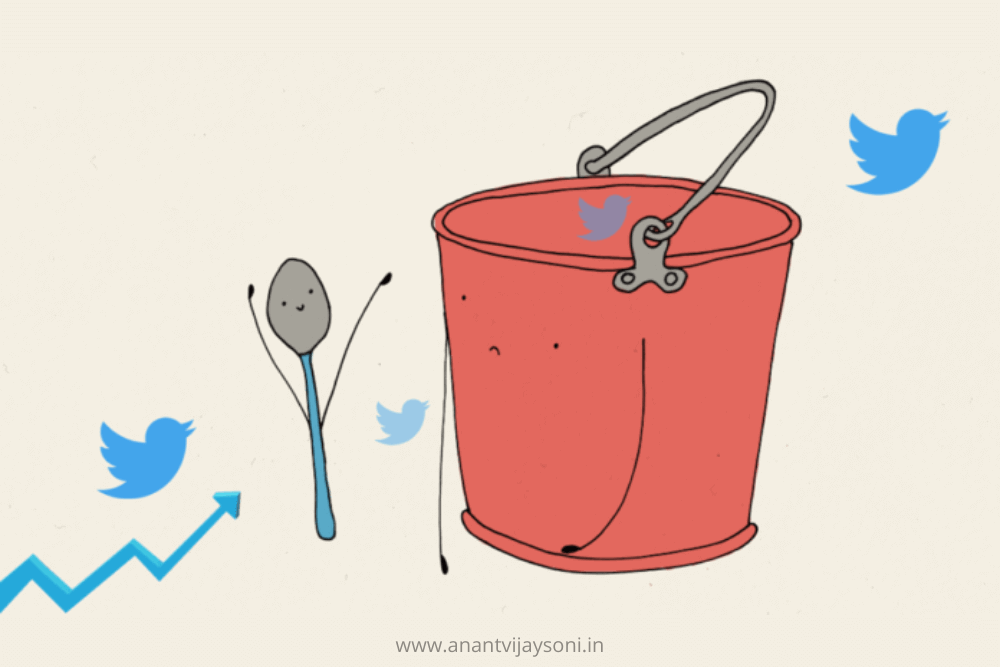Every day, hundreds of new topics, hashtags, and keywords bubble up from the swarming, churning conversational ocean of Twitter. Collectively, these “trending topics” represent a glimpse into the collective social media conversation of the day. You can think of them as conversational waves, swelling as the story or ideas behind them pick up momentum, and dissipating just as quickly when the wave of interest peaks and crashes.
A savvy Twitter marketer, much like an expert surfer, can pick the right trending topic and ride it all the way into the beach, picking up new followers, retweets, and conversions along the way. Not every trending tweet will see great results, and some will be total wipeouts, but once you get the hang of using Twitter trends, you’ll soon find that there are few techniques that provide a better return on your time investment.
Table of Contents
These 7 Twitter Trends Tips will help you get started
1. Go beyond the top ten.
TWITTER’S IN-HOUSE “TRENDS” PAGE is surprisingly barebones, providing only the top ten trends of the moment, and providing no context for what they are or why they’re trending. Because Twitter is global, many of these trending topics will also be completely irrelevant to your market, making Twitter’s trending page a fairly poor tool for identifying the best trends. Thankfully, a variety of third-party services and sites, such as HASHTAGS.ORG, exist to filter trends by location and language, as well as pulling a larger list of trends from Twitter’s API.
2. Favor real trends over manufactured ones.
Social media is a noisy place, and few places are filled with as much chatter as Twitter. For every real, organically generated trend users are genuinely engaging with, there are dozens of trends created by marketing teams trying to climb their way into the pop culture conversation. The lines between the two can become blurry, but if a hashtag or topic is interesting, controversial or fun, chances are it’s a “real” trend. Jumping in on these trends, particularly as they’re picking up steam, will yield the most impressive results.
3. A spoonful of research prevents a bucketload of regret.
This should go without saying, but never jump onto a trending topic until you understand what it is and why it’s trending. One important cautionary tale comes from the generally lighthearted social media team at DiGiorno’s Pizza, who MISTOOK THE ANTI-DOMESTIC VIOLENCE #WHYISTAYED HASHTAG CAMPAIGN as something goofy and fun. This simple mistake was a PR disaster, and would have been completely avoidable had the team simply read a half-dozen of the related tweets.
4. Contribute to the conversation.
Once you’ve identified a trending topic that works for your company’s social media presence, it’s time to actually find a way to work that trending topic into your messaging. Messages endorsing widely supported social issues, such as natural disaster relief, are generally safe. They are also extremely common and easily ignored. To see dramatic results, you’ll either need to chime in on the fad-like trends, pop-culture conversation or more controversial topics. The more you actively participate in the discussion, the better the response is likely to be.
5. Stay on message.
Riding the waves of rising and falling trends can be both rewarding and fun, but always remember what your real goals are. Simply seeing more engagement doesn’t mean very much if you aren’t effectively promoting your company or brand in the process. Be sure that anything you tweet is on message for your company, and ultimately serves to further your marketing goals.
6. Know when to bail on a trend.
Twitter trends are constantly in motion, changing and evolving. A topic that is blowing up today might be completely spent and forgotten tomorrow. While jumping onto a dying trend is generally harmless, it’s also not the best use of your time. Trends can also quickly turn ironic (making sincere tweets infinitely more mockable), become overrun with trolls (wasting engagement efforts), or simply fizzle out for no clear reason. When a trend starts to die, cut it loose and move on to a new one.
7. Track your results.
Even the best Twitter-based marketing is of limited use if you can’t demonstrate its value to the rest of the company. Investing in a social-media-enabled dashboard allows you to connect your time spent chasing Twitter trends to real-world data like conversions, lead generation, and the overall marketing budget.
A good dashboard also allows you to gauge how effective different kinds of trending topics perform for your company, enabling you to make better decisions. You might find that your ROI is better when you post about major sporting events, for instance, but yields negative results on goofy, meme-based trends. There is a lot of Social Media Analytics available online to track Twitter Trends. use anyone, so you can understand exactly how popular a particular trend was.
Once you understand the basics of using Twitter trends in your social media marketing efforts, refining your results and making clever, high-return decisions become increasingly easy to do. Great results speak for themselves.





